Originally taken in 2019...
| | 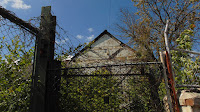 |
The structure of the Hough Hall is thought to date back to the Elizabethan period, if not slightly earlier. The external chimney stack on Hough Hall Road façade of the property is a common feature in houses of this era. The timber-framed building does not conform to a usual plan or layout for domestic properties of this period, and it also has no date stone or dated beams or drainpipes. Therefore, it is a rare surviving example of a house which was added to in a piecemeal fashion. The hall was extended in the late-nineteenth century and altered internally to include a Jacobean-style staircase and panelling.
Captain Robert Halgh was the last in the line of the Halgh family to own the hall. As he supported the King during the English Civil War (1642-1651) he was ordered to sequester his estate during the Parliamentarian years to secure his future freedom.Halgh died around 1685 but it seems he did not leave Hough Hall. A ghost story was recounted centuries later that Captain Halgh still roamed his former home and the estate with his phantom dogs. It was noted; ‘many a Moston man has spent the night at a neighbouring inn rather than pass the hall late at night‘. Or certainly this is the story they told their wives the next morning!
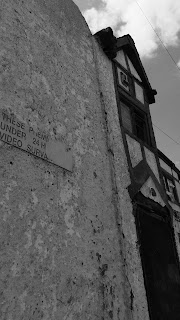 |
Historic Moston Manor House Faces New Planning Application After Partial Demolition in 2021
In 2021, part of the historic Moston Manor House in Manchester was demolished after being classified as a public safety risk. Key structural elements, including sections of the gable end and the chimney stack, were removed due to concerns over the building’s stability.
This iconic 500-year-old building, a landmark in the Moston area, had stood for centuries before structural degradation forced local authorities to take action. The decision to demolish parts of the manor was made to protect the public from potential hazards.
Now, a fresh planning application has been submitted to Manchester City Council, sparking renewed interest in the future of this heritage site. The proposal may pave the way for restoration or redevelopment efforts that could preserve what remains of the manor's rich history.
Revisit to Hough Hall, April 2025



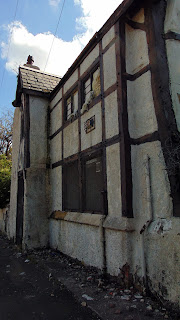
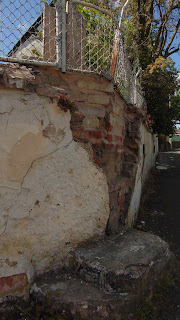
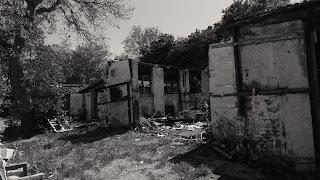

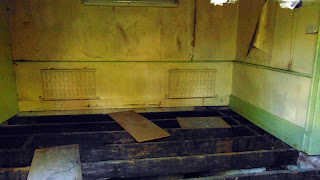
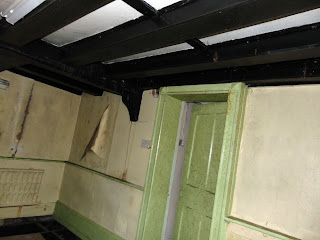
















































Truly awful to see something like this, which has been at risk for most of my lifetime, wasting away because authorities would (could?) not do anything about it. To see the wattle and daub walls in your fantastic photographs is fascinating.
ReplyDeleteA crying shame. Thank you for the article.
Thank you so much...much appreciated
ReplyDeleteDevastating to see the state of it. I had just finished reading about Rachel Wilson's attempts to rescue this in Jan- March this year.So presuming they failed looking at your pictures. Very very sad. Also makes me angry that councils would rather let these buildings go then sell the land to rich businessmen to build on after there's no hope of saving them. There should ba a law that councils are forced to save historic buildings and Gov't help given to facilitate it. So many are "accidentally on purpose" going up in flames too.The official ethics around our historic buildings are shot to bits right now.
ReplyDeleteThanks for post, absolutely this needs to be highlighted. I thought organisations like English Heritage may have prevented this....I recall in the early 1970s a Tudor hall was demolished,to make way for the notorious Ashfield Valley flats
DeleteAs the owner of this property many of these photos are not legitimate and the building is actively being restored to it's former glory all walls and the structure is still intact. I would suggest the derelict contact me directly for actual factual information on this property.
ReplyDeleteIf this correct, great news..There was no available sources to find if the property was being rebuilt or any related details.If this is the case, post details and I will amend the post.
Delete